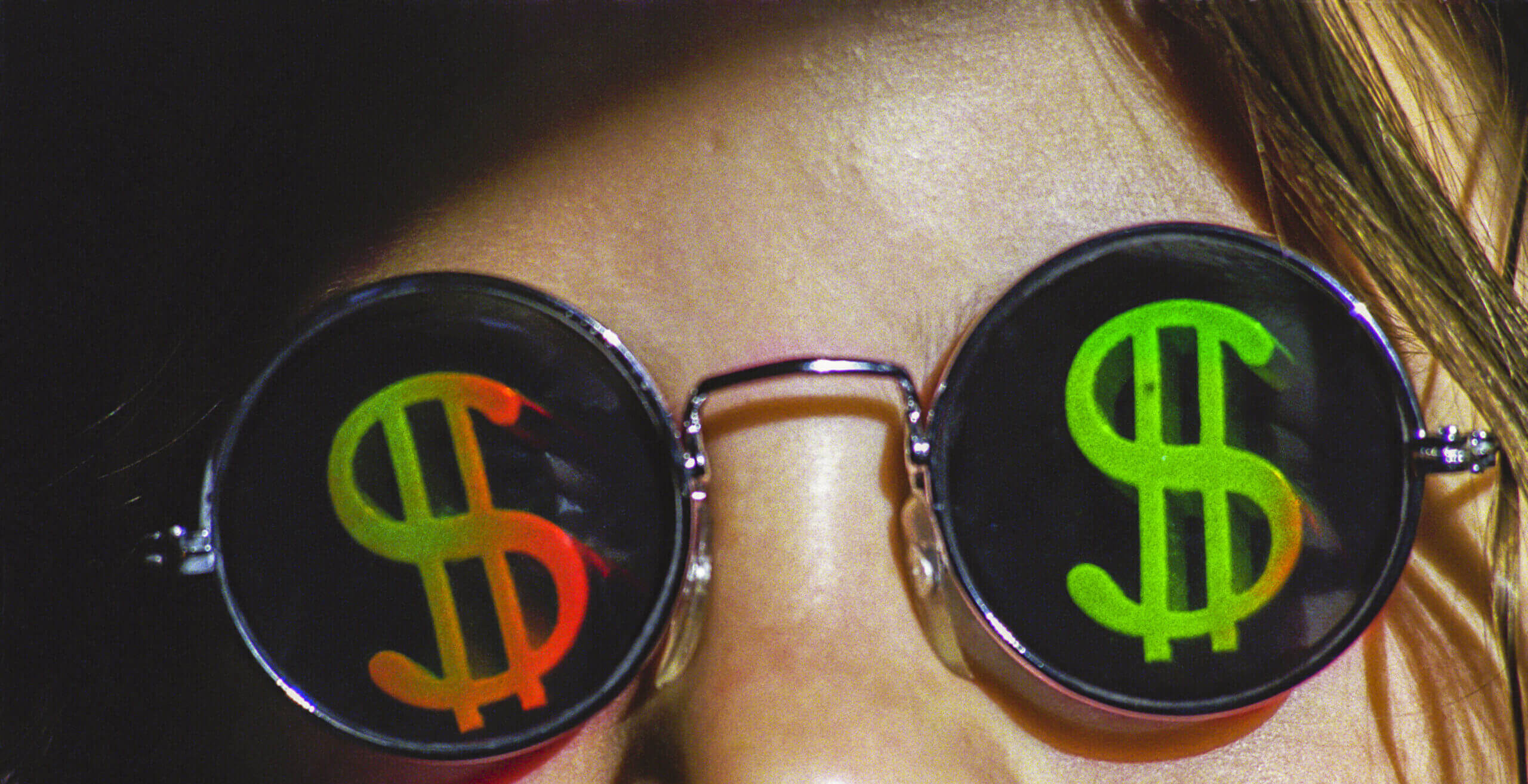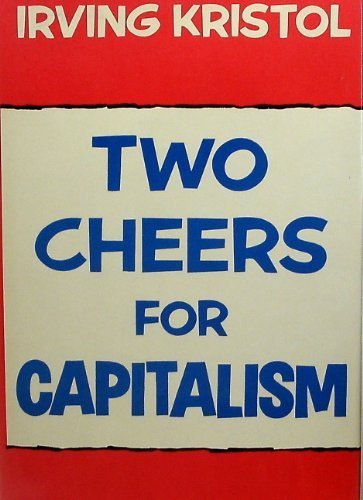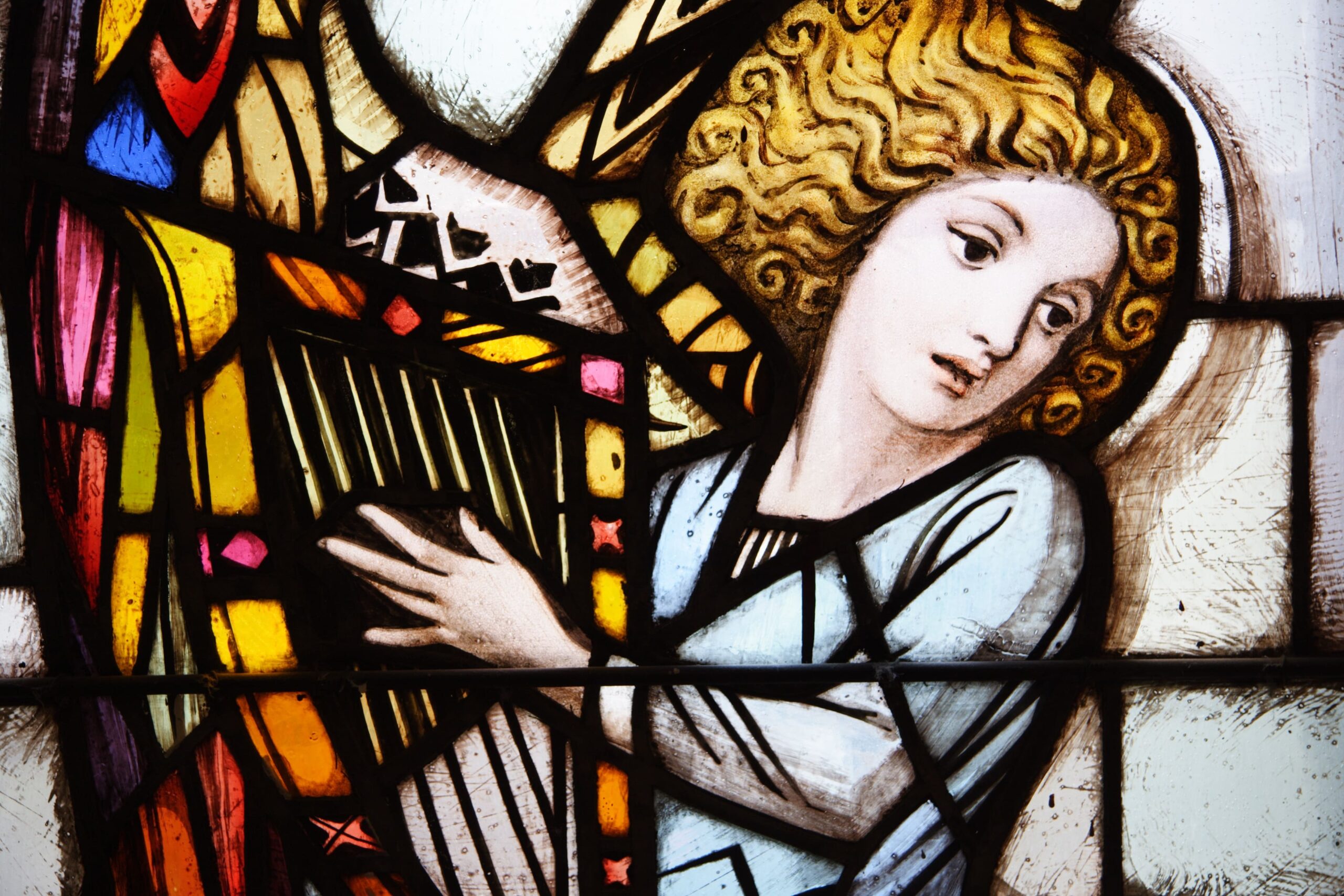The last decade has seen the emergence of a new force in American intellectual history. In most of the social sciences a group of thinkers has emerged which has received the label “neo-conservatives.” Including names like Daniel Bell, Oscar Handlin, Edward Banfield, and Daniel Moynihan, the neo-conservatives are frequently ex-liberals and “ethnics” who have become disillusioned with the New Deal assumptions of their childhood. Often raised in Jewish or Roman Catholic environments, these intellectuals once ardently supported government-controlled social engineering, centralization, egalitarian legislation, and related measures associated with the position of “liberal” in modern America and “social democrat” in Europe. During the 1960s, the failure of the liberal war in Vietnam, the ineffectiveness of much Great Society legislation, and the assault on humane values by student radicals caused these thinkers to reevaluate their position on the American intellectual landscape. While many white, Anglo-Saxon Protestants remained loyal to the liberalism of Lyndon Johnson and Hubert Humphrey, these thinkers found themselves, often to their own astonishment, defending traditional and conservative American values, even to the point of publicly voting for Richard Nixon.
Irving Kristol has become one of the most visible of these neo-conservative intellectuals. In the pages of the Wall Street Journal and of the Public Interest he has become probably the most visible serious journalist willing to defend capitalism and the traditional virtues of the American Way. In the larger context of intellectual history he reminds the reader strongly of the old consensus school of American historians who flourished in the early 1950s. Like David Potter and Daniel Boorstin, he has discovered many virtues in the American way of doing business and finds the American heritage admirable when compared to the ideological battlegrounds of Europe. His particular focus here is less historical than political and economic. His America is freer and more capable of generating abundance than most cultures, and he wonders rather grimly about what possesses those who criticize American values and seem to prefer egalitarian and totalitarian governments.
Kristol implicitly makes himself out to be a kind of right-centrist foil of liberal economist John Kenneth Galbraith. Occasionally this already very miscellaneous book becomes something of a scattershot attempt to confront that most witty of liberal apologists, as Kristol examines one piece of liberal silliness after another. He is often quite correct in his views and generally clear in his expositions, although not really a match for Galbraith when it comes to the lethal anecdote or the destructive turn of phrase. His larger problem, however, is not lack of wit, although in this field anything helps. The problem is that the book seems to contain no clear conservative position that seems usable in our time. It talks around a number of important issues relevant to capitalism, government, and the conduct of business, but it avoids coming to grips in any detailed way with most of the key problems with which a social thinker of Kristol’s caliber should be concerned.
If capitalism is really worth defending, as both Kristol and I agree that it is, then its defenders must grow beyond their reiterations that the capitalist system works better than any other and is easily the most productive of economic alternatives. Such arguments are correct, but in this quirky psychological environment, being right is often more irritating to certain social democratic apologists than being wrong or cheerfully benighted. If the turmoil of the 1960s has taught us anything, it has taught us that the children of affluent capitalism not only reject discipline, hard work, and that complex of virtues usually known as the “Protestant Ethic,” they simply scorn the acquisitive virtues and any orientation to life that centers on economic aspiration. A system that yields more quantitative wealth is not praiseworthy in this environment, rather the reverse; it is damned by its very success. The inefficiencies of socialism, such is the temper of our times, thus appear to be altruistic and somehow more acceptable and more humane.
Indeed I suspect that very few people will care enough about Kristol’s arguments to work up the energy to refute them. To be right is to be boring. We must then insist on asking what the task of a defender of capitalism ought to be in the late 1970s. The answer is that the task for such an intellectual is to show the relationship between a life in business and a stable and mature adult personality. Capitalism needs defending as a humane and rational social system of rewards and status in return for productive effort expended. It can produce more sensibly motivated and competently educated children; more creative ferment in the arts; a more enjoyable ecological environment; and so on through those other categories of “a meaningful life.” One reason social democratic policies are so intellectually respectable and politically successful is that they have captured ideas and words like “equality,” “fairness,” and “security” that transcend political activity and seem to give a spurious meaning to life. Capitalist intellectuals have worn out terms like “freedom” and “liberty” and need to develop a new vocabulary and tactics.
Finally, writing as one who has never felt the allure of American liberalism, I cannot resist pointing out that Kristol, as a liberal renegade, still remains obsessed by the political means to happiness and by economic modes of discourse. He seems to sense dimly at times what most conservatives know intuitively, that what is important in life is neither quantitative nor economic and cannot be acquired by political means. He needs first to explore what gives his own individual psychology its most meaningful satisfactions, and then to work this insight into a more general and probing defense of capitalism as a means of attaining these satisfactions for others in society. Refuting John Kenneth Galbraith is not enough, and neither is cheering for the “good guys.”
Robert M. Crunden was a historian and a professor at the University of Texas at Austin.















